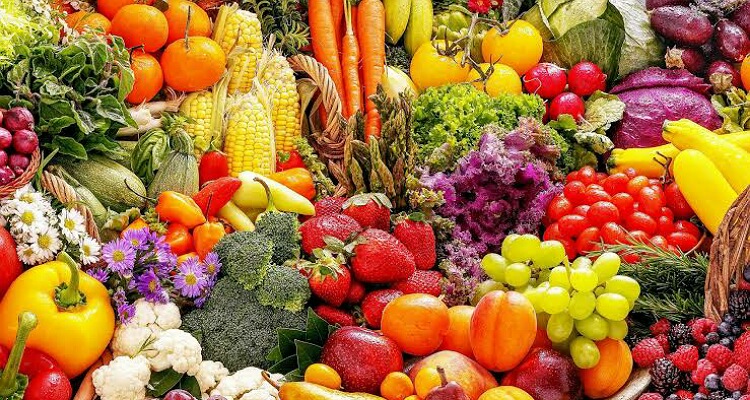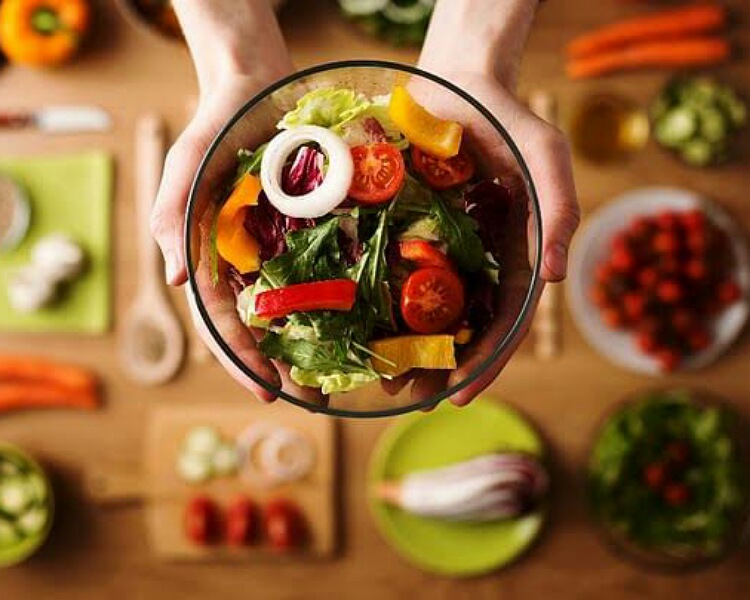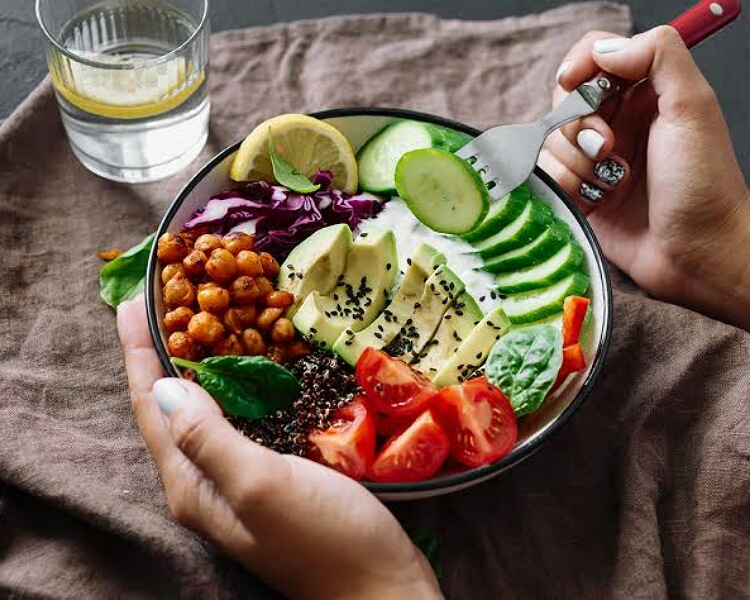Time and again, you might have heard the term clean eating in these modern days. It has claims of health benefits. But many of you all might not be very clear on what exactly it means? What is clean eating? How to incorporate it in your daily life?
What is clean eating?
Clean eating is to clean up your diet. It means reducing the not so healthy and processed foods and increasing intake of healthier foods. In each food group, each individual should choose the healthiest option and have it.
This implies eating whole grains, fruits, vegetables, with healthy fats and proteins. This also includes limiting the intake of refined and highly processed foods which has additives, preservatives, unhealthy fats, added sugar and added salt. All these foods would predispose you to risk of chronic modern day diseases such as diabetes type 2, heart diseases, obesity, etc.
There are some clean eating diets that ask the followers to restrict certain food groups like coffee, milk, etc. But this has no scientific backing. It does not benefit and takes away the fun of eating. So reduce the not so healthy food instead of eliminating them. Below are tips on how to get started:
Increase intake of fruits and vegetables

CDC recommends 5 a day. This means 5 servings in a day of fruits and vegetables. But its survey shows that only one in 10 Americans follow it. Eating more of these fresh produce improves gut health, reduces chronic diseases and lessens body inflammation and cancer. Organic fruits and vegetables are better than those grown with fertilizers.
Whole grains
Prefer least processed and unrefined whole grains over the processed ones. Wild rice, oats, whole wheat, quinoa are excellent health choices. Whole wheat pasta and whole wheat bread have minimal processing and can be eaten too. Check labels because some may be dubious or have added sugars in them. Refrain from purchasing these products.
Lessen meat intake
Opt for healthier proteins from plants. Lessen meat consumption. Avoid its processed forms. And avoid meat from animals that are not grass fed or are on antibiotics. This is good for you as well as the climate and planet.

Plants provide fiber too that meat might not. Additionally, these plant foods have antioxidants, minerals, and vitamins, and zero cholesterol. Beans, soybeans, nuts, milk, milk products, and eggs are rich sources of proteins.
Clean processed foods
Limit processed foods. These have added sugars and fats and salt. Cleaner processed foods are plain yoghurt, whole wheat bread, whole wheat pasta etc. Prefer home made sauce, dressings etc.
Less sugar and salt and saturated fats
The average American consumes 4 times the limits recommended for sugars in a day. This has disastrous results on body. Start by reducing sugary drinks, sodas, baked sweets, and candies. Hidden sugars might be in sauces and yoghurts. Check labels for it. Natural sugars are OK because they come with fiber, protein and fats and are not empty calories.

Sodium can hurt the kidneys. Keep it below limits. Coarse sea salt gives taste with less sodium. Adding spices reduces needs of salt. Also eat healthy fats from plant foods. Olive oil is good.
Read here: Food waste and sustainable, biodegradable, cruelty-free fabrics!
Sustainable eating
Eating more of plant foods and reducing meat intake is good for planet too. The carbon footprint is lower with former. Broccoli has 11 times lesser greenhouse gas emissions compared to that from beef.
